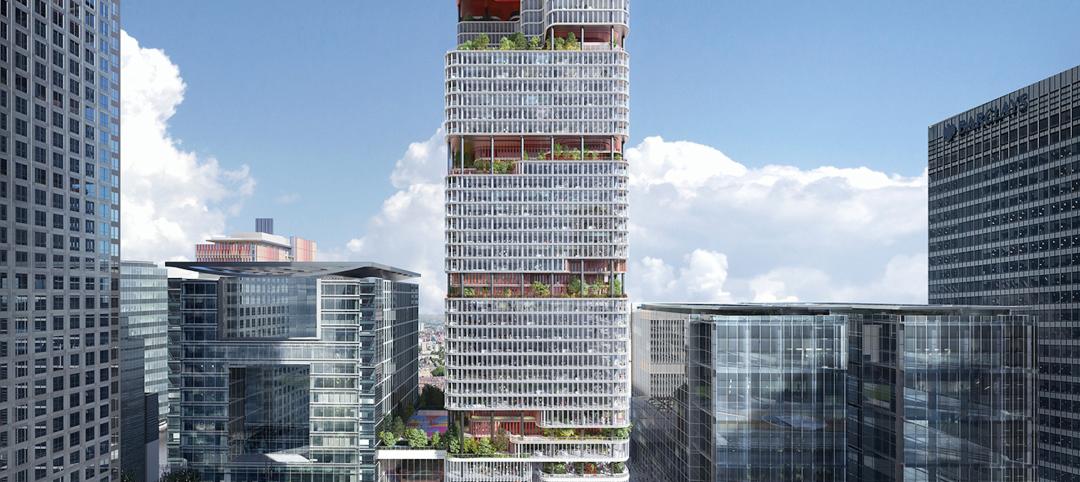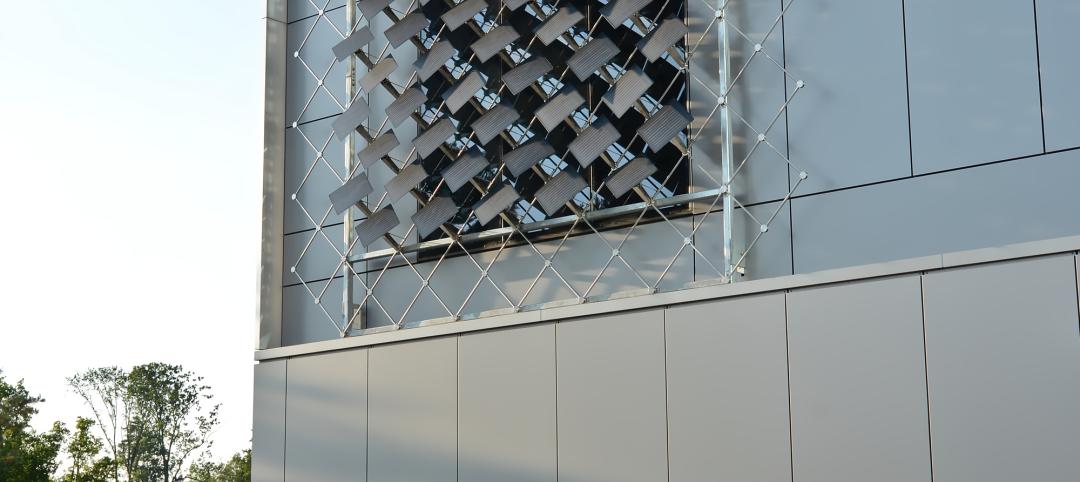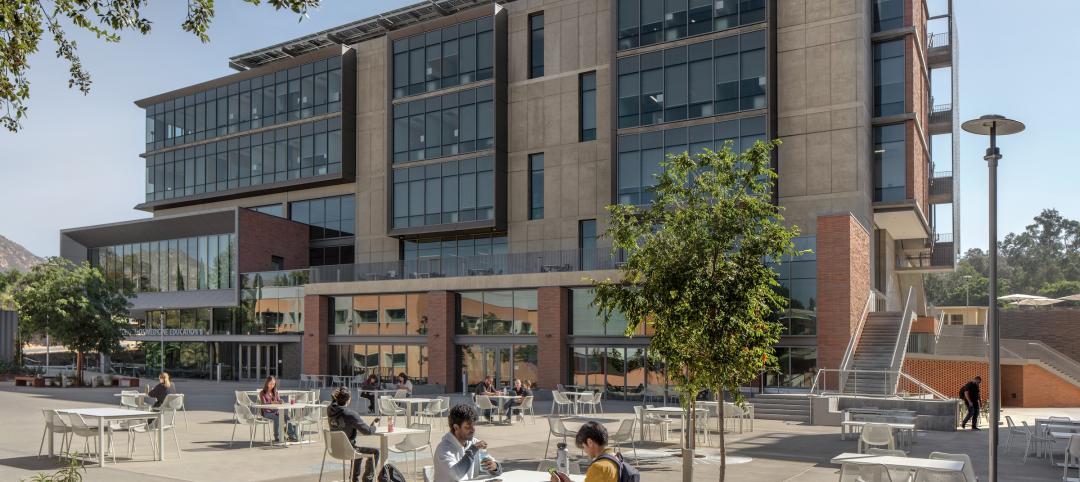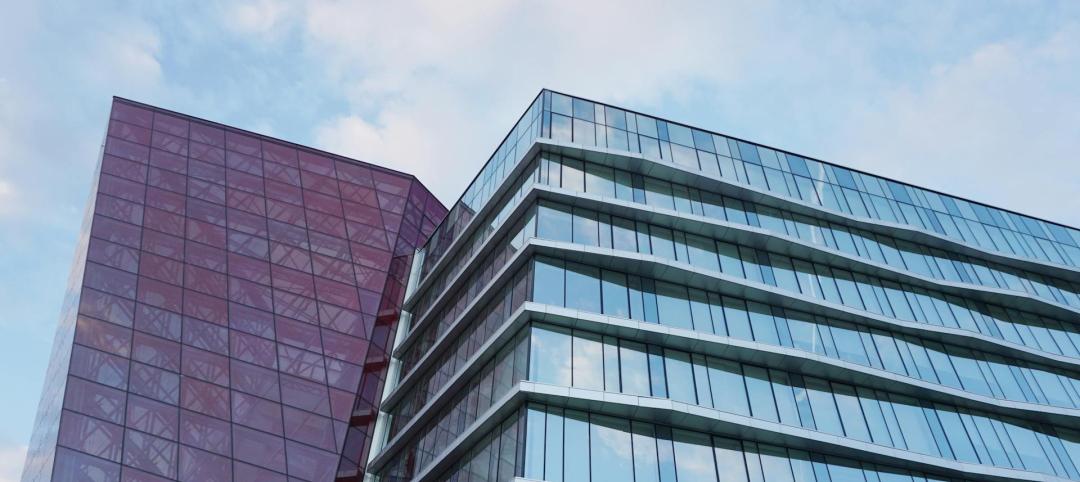The U.S. Green Building Council (USGBC), in partnership with C40 Cities Climate Leadership Group (C40) and the World Green Building Council (WGBC), released a compendium of briefs that showcase the sustainability, building energy use, and climate change policy work of cities across the globe.
Approximately 74 percent of the cities examined are implementing incentives for a greener built environment, 61 percent have enacted municipal green building policies and 49 percent are pursuing sustainable community policies.
“The findings within these briefs indicate that cities are making impressive investments to create more resilient and sustainable built environments, as well as impact the health and wellbeing of their citizens,” said Roger Platt, president of the U.S. Green Building Council. “Many mayors are forging the path toward a more sustainable future, and cities are the lifeblood of policy innovation. The collective impacts and outcomes showcased across these briefs show thoughtful leadership and innovation.”
The research covers an assessment of policies, plans, projects, and programs in 66 C40 cities. Categories include: city-wide sustainability initiatives, private sector green building incentives, green codes, sustainable community development, energy benchmarking, green schools, green affordable housing, and sustainable transportation measures. Additional data points on the uptake of green building certified projects are included where applicable. Collectively, nearly 5,000 projects in these cities have achieved LEED green building certification.
“Building energy use is a leading contributor to urban greenhouse gas emissions and therefore represents one of the greatest opportunities for cities to tackle climate change,” said Mark Watts, executive director of C40. “This report shows that C40 cities, representing 500+ million people and one quarter of the global economy, are taking bold and innovative steps to improve the long-term sustainability of their municipal and private building infrastructure, for the benefit of urban citizens.”
The compendium of briefs can be found at www.usgbc.org/city-market-briefs andhttp://www.c40.org/research.
Related Stories
Adaptive Reuse | Aug 14, 2024
KPF unveils design for repositioning of Norman Foster’s 8 Canada Square tower in London
8 Canada Square, a Norman Foster-designed office building that’s currently the global headquarters of HSBC Holdings, will have large sections of its façade removed to create landscaped terraces. The project, designed by KPF, will be the world’s largest transformation of an office tower into a sustainable mixed-use building.
Energy Efficiency | Aug 9, 2024
Artificial intelligence could help reduce energy consumption by as much as 40% by 2050
Artificial intelligence could help U.S. buildings to significantly reduce energy consumption and carbon emissions, according to a paper by researchers at the Lawrence Berkeley National Laboratory.
Government Buildings | Aug 1, 2024
One of the country’s first all-electric fire stations will use no outside energy sources
Charlotte, N.C.’s new Fire Station #30 will be one of the country’s first all-electric fire stations, using no outside energy sources other than diesel fuel for one or two of the fire trucks. Multiple energy sources will power the station, including solar roof panels and geothermal wells. The two-story building features three truck bays, two fire poles, dispatch area, contamination room, and gear storage.
Geothermal Technology | Jul 29, 2024
Rochester, Minn., plans extensive geothermal network
The city of Rochester, Minn., home of the famed Mayo Clinic, is going big on geothermal networks. The city is constructing Thermal Energy Networks (TENs) that consist of ambient pipe loops connecting multiple buildings and delivering thermal heating and cooling energy via water-source heat pumps.
Smart Buildings | Jul 25, 2024
A Swiss startup devises an intelligent photovoltaic façade that tracks and moves with the sun
Zurich Soft Robotics says Solskin can reduce building energy consumption by up to 80% while producing up to 40% more electricity than comparable façade systems.
Codes and Standards | Jul 8, 2024
New York State building code update would ban fossil fuels in new buildings
New York’s Building Code Council is set to include the All-Electric Buildings Act in its 2025 code update. The Act would ban natural gas and other fossil fuels in new buildings.
University Buildings | Jun 18, 2024
UC Riverside’s new School of Medicine building supports team-based learning, showcases passive design strategies
The University of California, Riverside, School of Medicine has opened the 94,576-sf, five-floor Education Building II (EDII). Created by the design-build team of CO Architects and Hensel Phelps, the medical school’s new home supports team-based student learning, offers social spaces, and provides departmental offices for faculty and staff.
HVAC | May 28, 2024
Department of Energy unveils resources for deploying heat pumps in commercial buildings
To accelerate adoption of heat pump technology in commercial buildings, the U.S. Department of Energy is offering resources and guidance for stakeholders. DOE aims to help commercial building owners and operators reduce greenhouse gas emissions and operating costs by increasing the adoption of existing and emerging heat pump technologies.
K-12 Schools | Apr 30, 2024
Fully electric Oregon elementary school aims for resilience with microgrid design
The River Grove Elementary School in Oregon was designed for net-zero carbon and resiliency to seismic events, storms, and wildfire. The roughly 82,000-sf school in a Portland suburb will feature a microgrid—a small-scale power grid that operates independently from the area’s electric grid.
Codes and Standards | Apr 12, 2024
ICC eliminates building electrification provisions from 2024 update
The International Code Council stripped out provisions from the 2024 update to the International Energy Conservation Code (IECC) that would have included beefed up circuitry for hooking up electric appliances and car chargers.
















